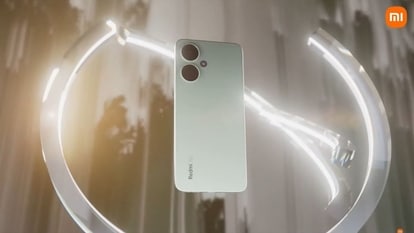Want 'likes?' Give a face to your social media profile
Tag a face, and not a scenery or painting, to your profile on social media to attract more 'likes' while simultaneously limiting your posts and photo uploads to maximise comments.

Tag a face, and not a scenery or painting, to your profile on social media to attract more 'likes' while simultaneously limiting your posts and photo uploads to maximise comments.
According to the researchers, pictures with human faces are 38 % more likely to receive 'likes' than photos with no faces.
They are also 32 % more likely to attract comments, said researchers from Georgia Institute of Technology and Yahoo Labs after looking at 1.1 million photos on Instagram.
The researchers also found that the number of faces in the photo, their age or gender did not make a difference.
On average, pictures of kids or teens are not any more popular than those of adults, even though Instagram is most popular among younger people. Men and women have the same chances of getting 'likes' or comments.
"The more you post, the less feedback you are going to get. Posting too much decreases 'likes' two times faster than comments," said Saeideh Bakhshi from Georgia Tech's college of computing.
More photos someone uploads, the lower the probability any single one has of getting likes or comments.
She and her team used face detection software to scan the photos.
While the study examined how people react to photos with faces, the researchers stopped short of determining why users behave that way.
"Even as babies, people love to look at faces," said Bakhshi.
Faces are powerful channels of non-verbal communication. We constantly monitor them for a variety of contexts, including attractiveness, emotions and identity, she added.
Social media sites such as Flickr or Pinterest could increase their search ranking and keep consumers onsite and active by featuring human faces in their online content.
Designers could also use this knowledge to quickly filter, prioritize and highlight photos shared by followers, said Eric Gilbert, an assistant professor in the school of interactive computing at Georgia Tech.
The team is now looking if pictures of friends are more or less popular than family group photos or if selfies attract more attention than group shots.
Their paper is scheduled to be presented in Toronto at the ACM CHI Conference on Human Factors in Computer Systems next month.
Catch all the Latest Tech News, Mobile News, Laptop News, Gaming news, Wearables News , How To News, also keep up with us on Whatsapp channel,Twitter, Facebook, Google News, and Instagram. For our latest videos, subscribe to our YouTube channel.

























